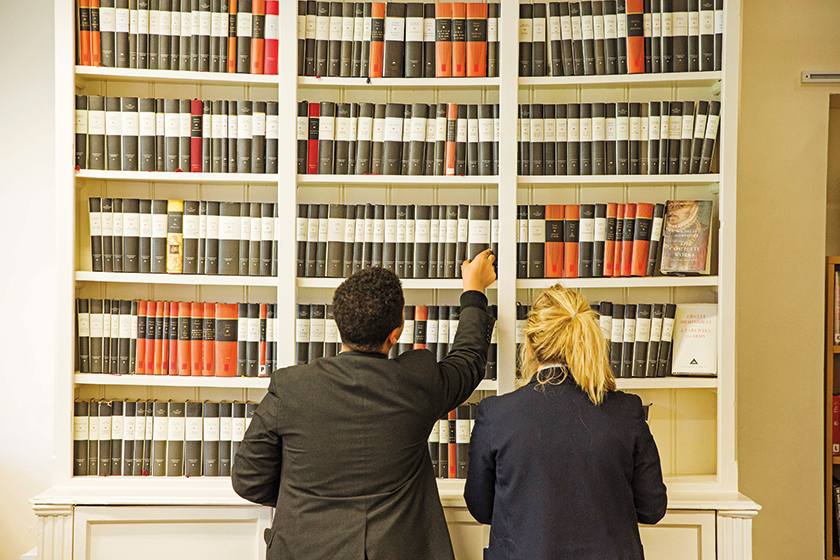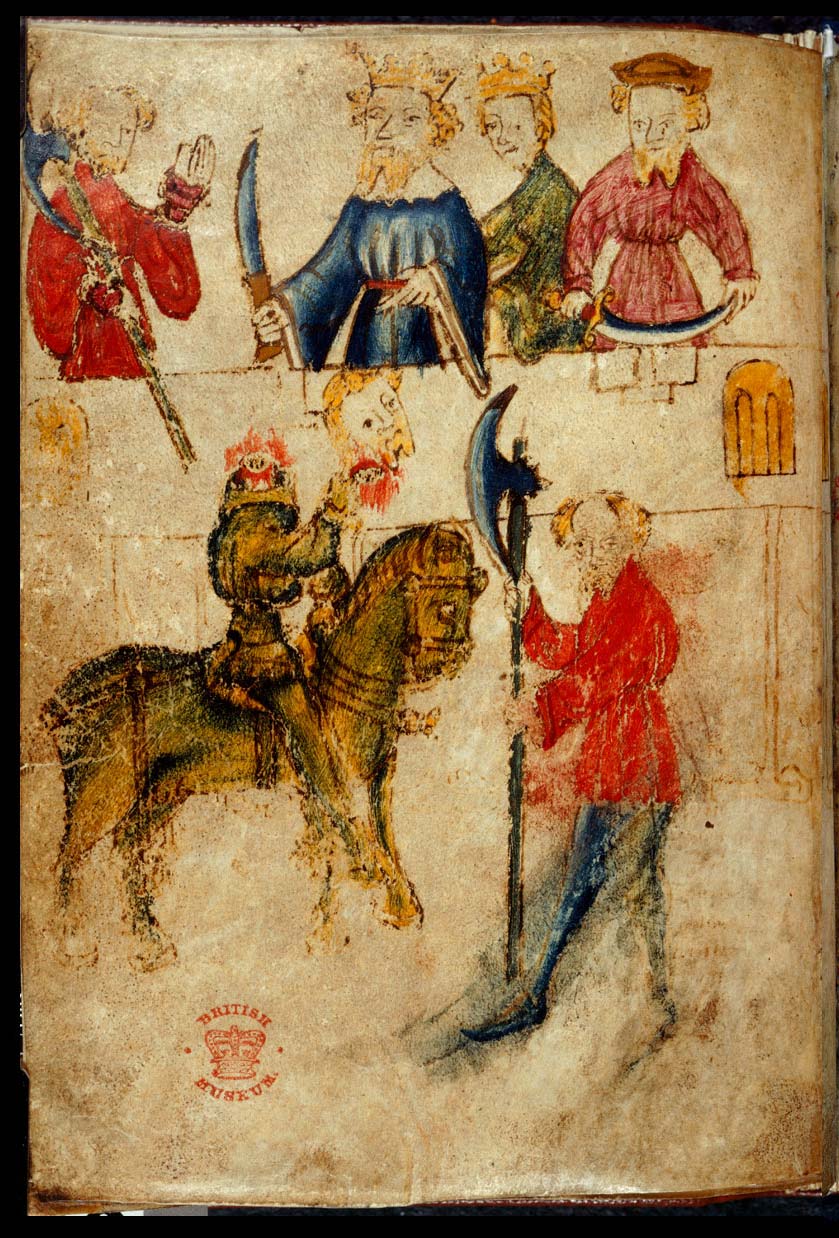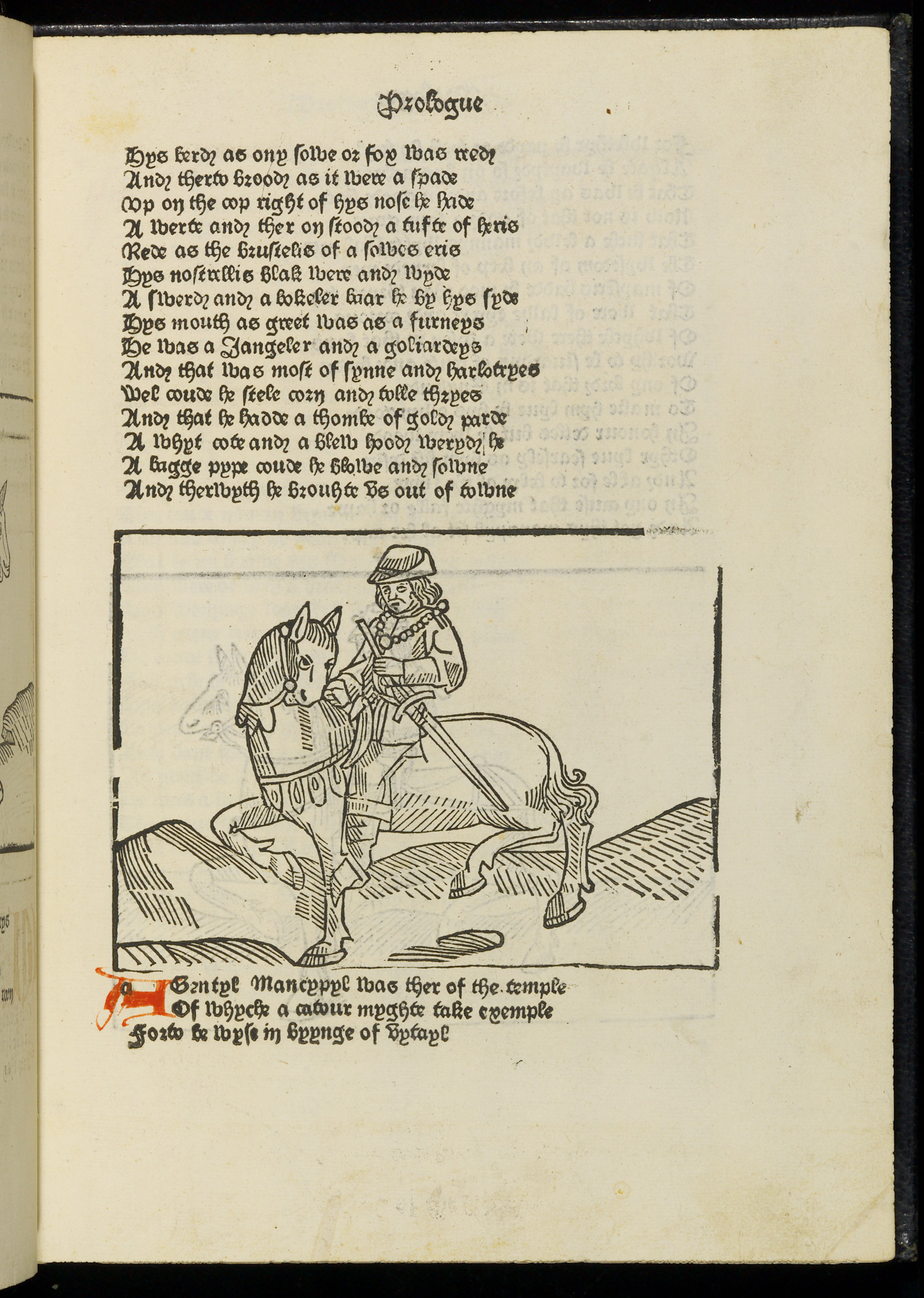The British Library Makes 1000 Years of Literature Available Free Online
By
6 years ago
From Beowulf to Chaucer, the British Library is moving with the times and bringing medieval history to the masses

Have you ever had a hankering to read the single surviving manuscript of the longest epic poem in Old English from the comfort of your own home? (It’s Beowulf, by the way.) Have you wished for easy access to the earliest autobiography in English – The Book of Margery Kempe? Or perhaps Revelations of Divine Love, written around 1395, has been at the top of your reading list for a while, but you just haven’t been able to get your hands on a copy. Revelations of Divine Love is the first book in the English language known to have been written by a woman, Julian of Norwich – and no, that’s not a typo for Julia, she was actually called Julian.
Bookworms, your time is now! The British Library has answered your dreams and desires and has made over 50 rare medieval manuscripts and early print editions, spanning 1,000 years of literary history, available for free on its Discovering Literature website. Since launching in 2014, the free website aimed at A-Level students, teachers and lifelong learners has received over 7 million unique visitors.
As well as the above titbits, other highlights include:
- The Wycliffite Bible, the first complete translation of the Bible in the English language
- William Caxton’s pioneering illustrated print edition of The Canterbury Tales
- The earliest work of theatre criticism in English, Tretise of Miraclis Pleyinge
- One of the greatest collections of Scottish medieval verse, the Bannatyne Manuscript from the National Library of Scotland

Gawain and the Green Knight , considered to be one of the masterpieces of Middle English Literature
The British Library is showing its commitment to showcasing the many rarities and ‘firsts’ in the history of English literature. The pieces which are now available for free on Discovering Literature: Medieval present a new way to explore some of the earliest works and most influential figures of English literature by bringing together over 50 unique medieval manuscripts and early print editions from the 8th to 16th centuries.
Featuring extracts of medieval drama, epic poetry, dream visions and riddles alongside over 20 articles exploring themes such as gender, faith and heroism written by poets, academics and writers including Simon Armitage, Hetta Howes and David Crystal, the online platform offers unprecedented access to the British Library’s collections and provides contemporary scholarly insight for young people and learners across the world. This will be a goldmine for students everywhere, clearly for A-level students and undergraduates but also for literature lovers from a younger age.
Dr Alex Whitfield, Head of Learning Programmes at the British Library, said: ‘Discovering Literature is a fantastic resource, which enables the British Library to open up its collections to a broader audience. We are always trying to find innovative ways to help learners of all ages engage with the library’s collections and we are so pleased that such extraordinary collection items and valuable academic insight can now be accessed by anyone, anywhere. Ultimately, we hope that the website will enrich the study and enjoyment of medieval literature for a new generation.’

William Caxton’s pioneering illustrated print edition of The Canterbury Tales
Dr Claire Breay, Head of Ancient, Medieval and Early Modern Manuscripts at the British Library, said: ‘The British Library’s medieval collections are world-renowned and it’s very exciting to be opening up the Library’s collections of early literary history to young learners through Discovering Literature. Each item featured on the website has a rich history and it’s fantastic to see the unique manuscripts of Beowulf and Sir Gawain and the Green Knight, which survived a major fire in the 18th century, showcased on this digital platform for future generations to explore.’
The project has been generously supported by Dr Naim Dangoor CBE The Exilarch’s Foundation since its inception, along with the British Library Trust and the British Library Patrons.



